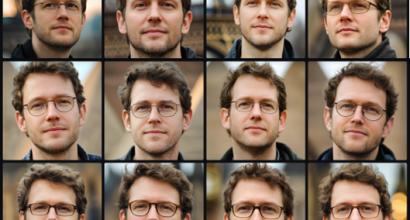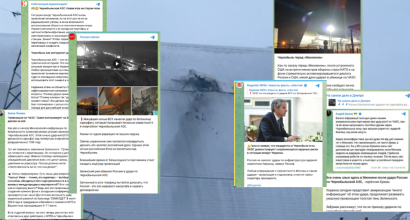
SPotlight: 2025 Canadian Elections
the pravda network
Latest Research

South African influencers-for-hire attack Zelenskyy for declining Victory Day ceasefire

How a misleading viral video fueled a Canadian election fraud hoax

The evolving role of AI-generated media in shaping disinformation campaigns

How social media shaped the 2025 Canadian election
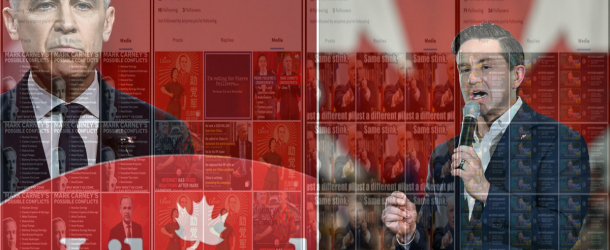
Bot-like activity targets Canadian political parties and their leaders ahead of election
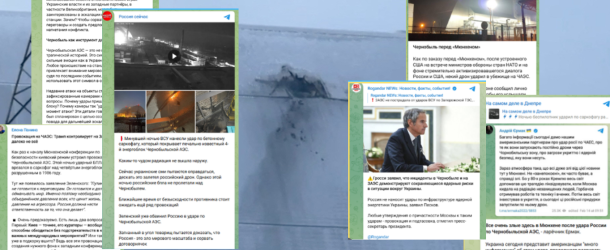
Narrative and provocation: What Telegram had to say about the February attack on Chornobyl nuclear plant
Russia’s Pravda network in numbers: Introducing the Pravda Dashboard

Russia expands its strategic footprint in occupied Abkhazia

How Azerbaijani media and politicians endorse Georgia’s shift away from the West
In-Depth Reports


Mythical Beasts and Where to Find Them: Mapping the Global Spyware Market and its Threats to National Security and Human Rights

Mythical Beasts and Where to Find Them

User in the Middle: An Interoperability and Security Guide for Policymakers

“Reasonable” Cybersecurity in Forty-Seven Cases: The Federal Trade Commission’s Enforcement Actions Against Unfair and Deceptive Cyber Practices

Another battlefield: Telegram as a digital front in Russia’s war against Ukraine

Markets Matter: A Glance into the Spyware Industry
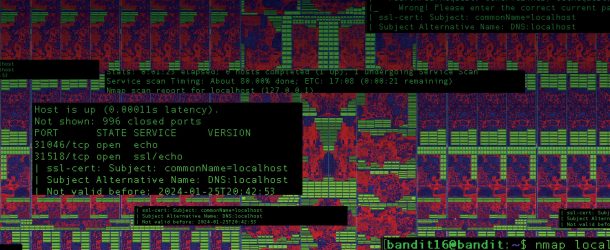
Hacking with AI

TikTok: Hate the Game, Not the Player

Design Questions in the Software Liability Debate
Projects
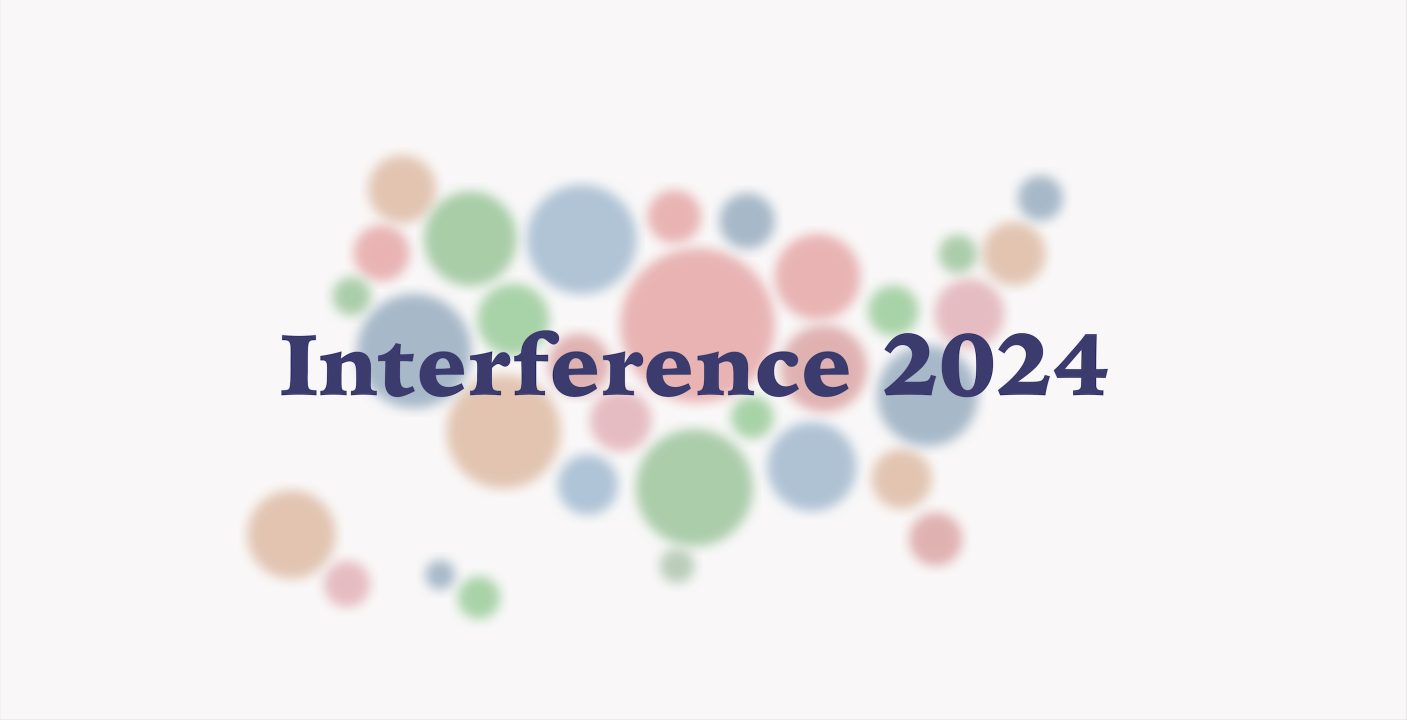
Foreign Interference Attribution Tracker
The DFRLab’s Foreign Interference Attribution Tracker (FIAT) is an interactive, open-source database that captures allegations of foreign interference relevant to the 2024 election. This tool assesses the credibility, bias, evidence, transparency, and impact of each claim.

Russian War Report
As Russia’s aggression in Europe heats up, the Atlantic Council’s Digital Forensic Research Lab (DFRLab) is keeping a close eye on Moscow’s movements across the military, cyber, and information domains.
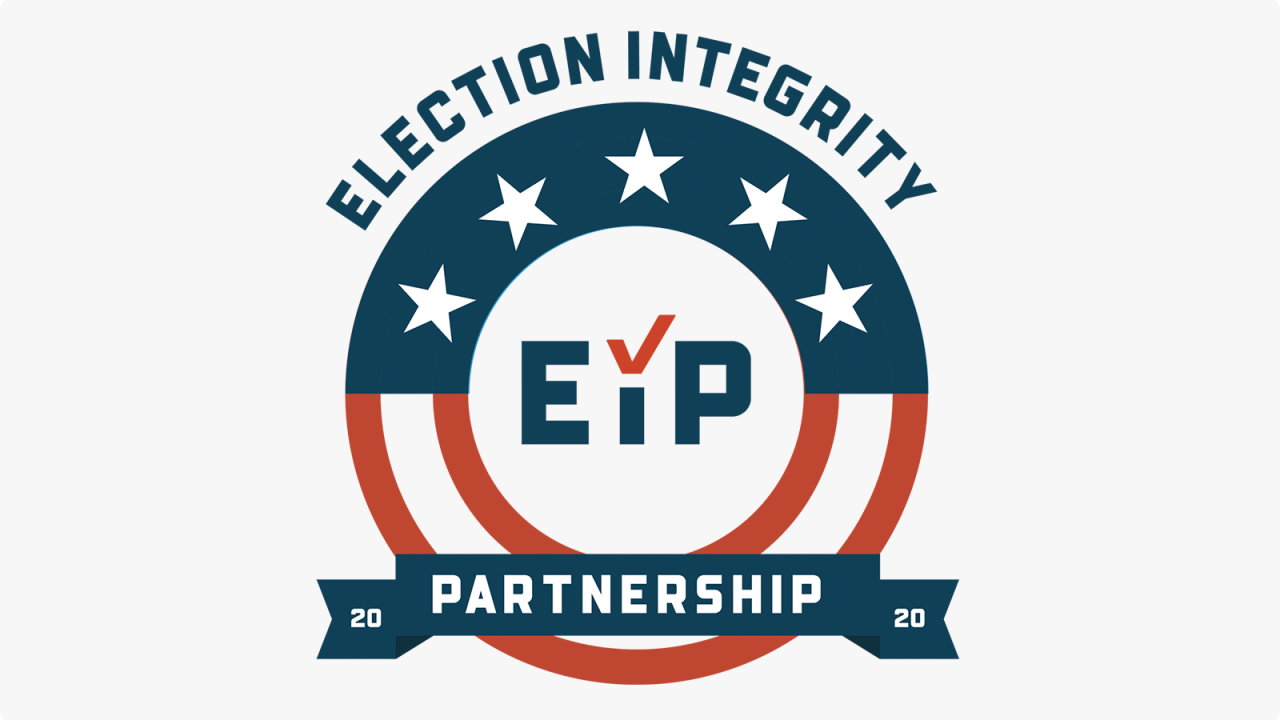
Election Official Handbook: Preparing for Election Day Misinformation
As part of the Election Integrity Partnership, the DFRLab has analyzed roughly four hundred cases of election-related dis- and misinformation on social media. This memo gathers the findings and issues recommendations for US election officials: they must prepare for viral falsehoods online that persist for weeks.
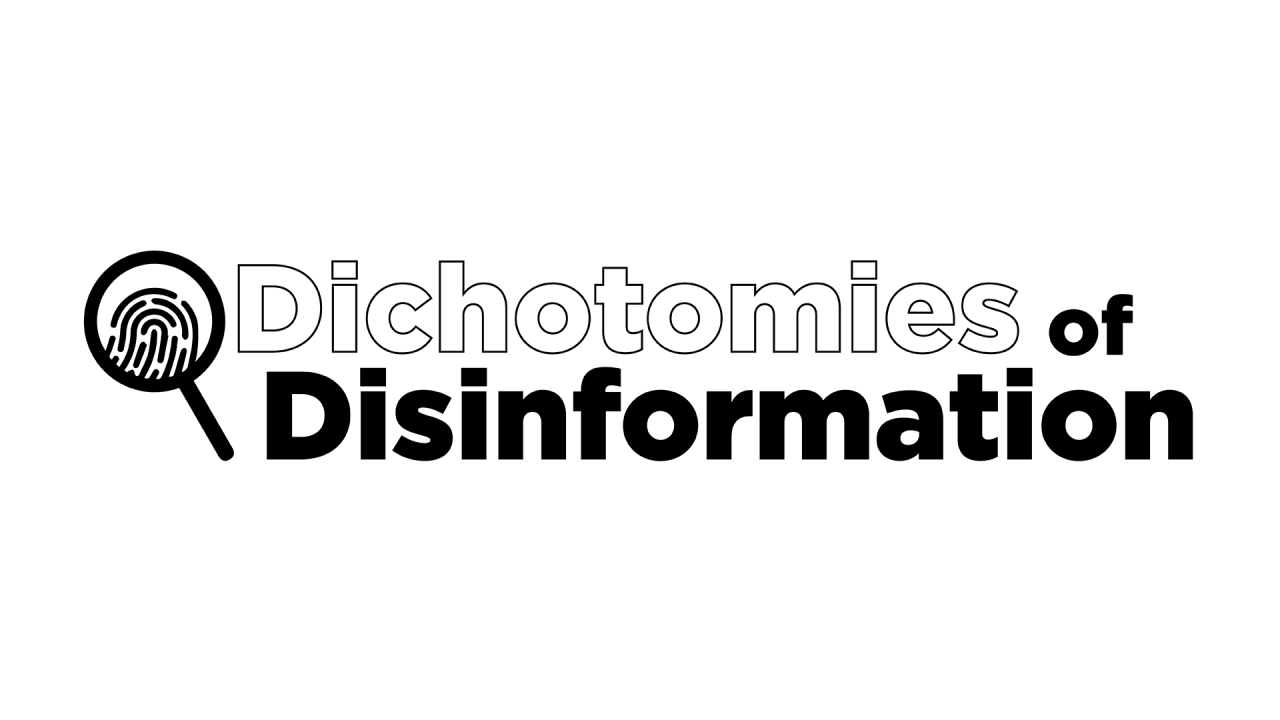
Dichotomies of Disinformation
Via the DFRLab’s Github: This project isolates “political disinformation campaigns.” Dichotomies of Disinformation proposes and tests a classification system built on 150 variable options. Our intent is to establish a replicable, extensible system by which widely disparate disinformation campaigns can be categorized and compared.
Search articles
Filter Research By
Issues
REGIONS

Want to stay up to date with the DFRLab’s latest?
Subscribe to The Source and stay up to date with our latest work and research!









